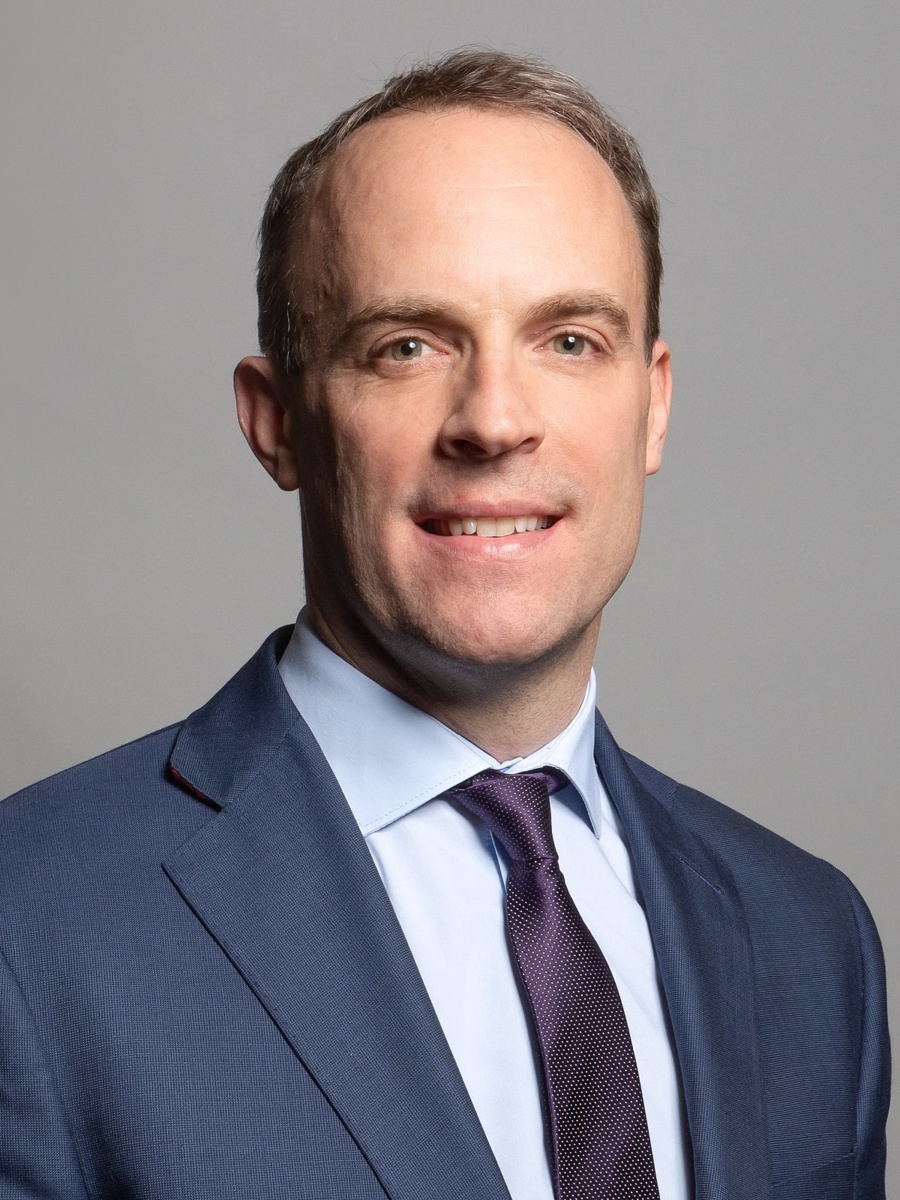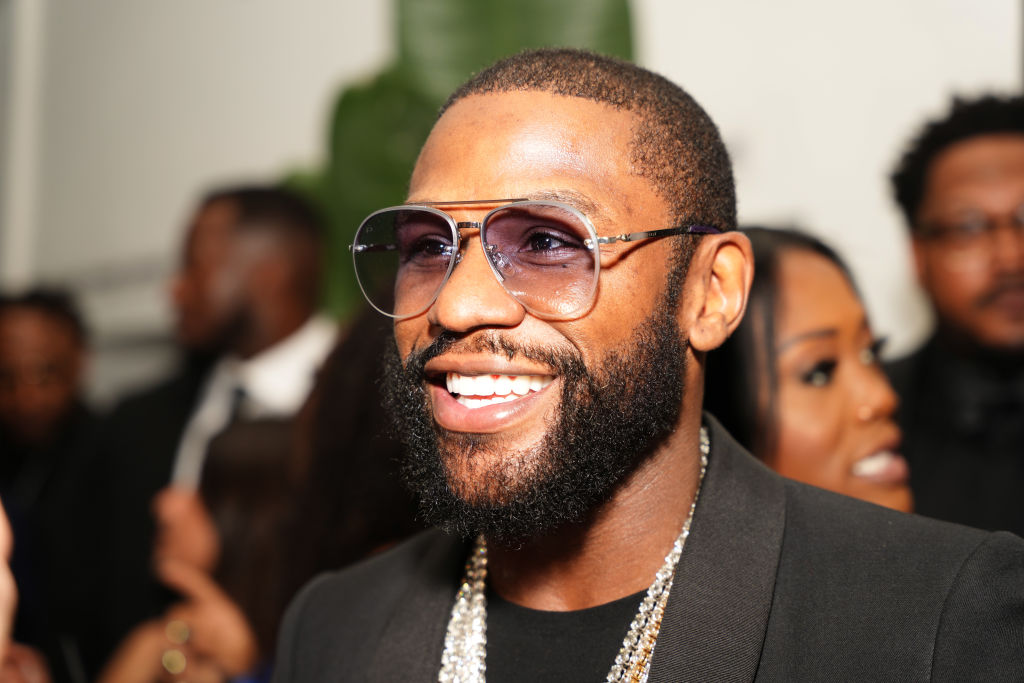Mimî M. Khayisa Talks The Witcher, Transformation, and the Power of Softness
Mimî M. Khayisa is a British actor and creative storyteller whose work spans stage and screen. Known for her layered performances with the Royal Shakespeare Company and in acclaimed productions such as The Convert and A Good House, Khayisa continues to bring emotional depth to every role she takes on. Returning as Fringilla Vigo in […]

Mimî M. Khayisa is a British actor and creative storyteller whose work spans stage and screen.
Known for her layered performances with the Royal Shakespeare Company and in acclaimed productions such as The Convert and A Good House, Khayisa continues to bring emotional depth to every role she takes on.
Returning as Fringilla Vigo in the fourth season of The Witcher, she explores power through softness, faith, and rediscovery, redefining strength in the process.
Khayisa reflects on her creative evolution, her heritage, and how her classical foundation continues to shape her work today.
Please introduce yourself …
My name is Mimî M. Khayisa. I’m an actor and creative storyteller born in Surrey to Southern African parents. My heritage is Zulu and Ndebele. I’m a Virgo sun, Pisces moon, and Pisces rising, so I live somewhere between structure and spirit, which is definitely where I create from.
Describe your life currently, in one word or a sentence.
I’m in a season of transition. I feel like a caterpillar.
You’ve returned to the world of The Witcher once again as Fringilla Vigo. How did it feel stepping back into the role, and has your approach to her evolved since you first took it on?
She’s evolved that’s for sure. I believe as creatives we have to meet our characters where they are, and she’s definitely taken me on a ride. Coming back to Fringilla feels like visiting an old friend who’s been through something profound. She’s always had a deep inner world and a fear of vulnerability. She exercises an abundance of self-control, but when she lets loose, she truly lets loose. My approach to every character is an exploration of their humanity.
This season called for more softness, which ultimately reveals real strength. I wanted to understand her heart beyond her armour. I think her core lives in the cracks. What’s been new for me, is giving her the space to feel instead of think her way through. Her old ways haven’t worked so we’re having to move anew.
Did you research the original books or talk with the writers to understand Fringilla’s backstory beyond the screen?
Yes, always. I read Sapkowski’s work, and our writers are constantly on set, which is so enriching, we’d be expanding on ideas as we shoot. I had beautiful conversations with Lauren Hissrich, our showrunner, about the emotional architecture beneath Fringilla’s choices. Not forgetting the strength of our cast. Cast conversations are invaluable. Lunch breaks become rehearsal rooms because the desire to interrogate character is universally shared among us. Mecia and I would run scenes together and weep at the heart of what these women endure. It’s a monumental season.
You’ve worked across genres from fantasy and sci-fi to period drama and political thrillers. What draws you to a role or story, and how do you decide what to take on next?
Often, a script finds me. I’ll read something and feel it resonate, or I’ll meet members of a team and they’ll resonate. As actors, we rarely know what’s out there until it’s in front of us. Sometimes your agent will have a hunch on something you weren’t initially drawn to and it ends up being one of the best experiences. Other times, you’ll say you want to go in one direction, and you get called in for the opposite but because it moves you, you say yes. Less frequently, you’ll get exactly what you asked for.
I’m open to anything that moves me and offers something meaningful. I don’t mind the medium its packaged in. What I’m searching for is the cadence of the human condition that moves culture forward, challenges who we are, and how we see. If a story has something to say about that, I’m listening.
Looking back at your time with the Royal Shakespeare Company and your early stage work, how do you think that classical foundation has shaped your on-screen presence today?
The stage taught me discipline in breath, language, and technique. That foundation gave me freedom in character choices. I actually went back to my theatre voice coach to rediscover Fringilla’s resonance. Season one began mid-range, then dropped into the chest once she joined Nilfgaard. When she’s projecting confidence, she manipulates her base, almost like an unprofessional baritone.
There were two reasons for this: that level of resonance vibrates in the chest, which feels comforting, and technically it bridges the gap between her and her male counterparts. She wasn’t yet confident enough to stand out authentically, and her femininity wasn’t something she wanted to highlight. I think as women, we have so many tricks to make ourselves smaller without appearing fragile when we don’t feel safe. That was one of hers.
The two mediums feed one another. When I’m away from stage, I miss it. When I’m away from screen, I miss that. I hope I always get to move between both.
Representation in fantasy and period drama is still evolving. How do you navigate those spaces as a Black British actress, and have you seen any real progress in recent years?
For the past seven years, that’s mainly been The Witcher world. I know our team has been intentional about creating an environment that reflects the world we live in. That isn’t only about who you see on screen. It’s about who’s in the writers’ rooms, who’s behind the camera, who’s executing character looks and looking after us on set.
People are intentional about the things they care about. I have never worked in such a diverse environment, and I’ve worked in some incredibly collaborative, intentional spaces. From gender to heritage, disability to age, sexuality to neurodiversity. If I’ve missed someone from this list, I doubt The Witcher environment missed them in these past seven years.
Do I hope that level of intentionality reflects the industry at large? Of course. Do I believe it is so? Now that our Witcher journey is coming to an end, I’ll soon see where the gap lies.
The Witcher fandom is global and passionate. Do you ever get surprised by how deeply people connect with the world and its characters?
Our show isn’t the genesis, so we were gifted to have something to fall upon. The reach of Sapkowski’s book was already a testament to the power of these characters. I also know the power of what we creatives do. We have the power to shape how people see themselves and how they see us. That’s why when someone says “it’s not that deep“, I don’t believe them.
Fantasy gives audiences just enough distance to absorb and reflect without defence. As actors, we get to take universal truths and render them visually surreal. At its heart, The Witcher speaks to the desire to belong, the fear of losing those you love, the fight for better, and the strength found at rock bottom. I can see why people connect with that.
What I’m grateful for is how they share it. People go out of their way to tell us what it means to them. That desire to commune is something I never take for granted. If we don’t believe we have the power to affect people, we underestimate the power of what we do. How will you allow yourself to invest so much if you don’t understand that on a base level.
When Liam Hemsworth was announced as the new Geralt, the internet went crazy. Some loved it, some … not so much. How did you and the cast handle all the noise?
The Internet will always Internet. There was quite a big gap between the announcement and filming, so by the time we got back on set, it simply was. A lot of the cast stay offline while we’re working, so the noise, in that regard, feels quite distant. We come back around release time, because that’s when we’re ready to share. Now that you can see it, I think it’s clear that The Witcher world keeps evolving. We lost some legends in season three, and we gained some legends in season four. Welcome to the Continent.
Is there a role or story you’ve been itching to take on but haven’t had the chance yet?
Yes. I’m craving something intimate, rooted in the modern day. Knowing me, I’ll read something completely opposite and fall in love with it.
GETTING TO KNOW YOU…
If not this, then what? No idea. I’ve never thought about it long enough, and I don’t want to plant that seed now.
What’s made you sad, mad, and glad this week? Sad that we still mistake visibility for value. Mad I’ll keep that to myself. Glad, the success of Paige Lewin’s book How to Love Your Afro, and how I believe it will have a lasting impact on our industry standards.
What are you watching? Obviously, season four of The Witcher.
What are you reading? The Creative Act: A Way of Being by Rick Rubin.
The last film you watched? Wicked: Part One, in preparation for Wicked: For Good.
The last play you saw? Girl From The North Country, which Sifiso Mazibuko went on to do straight after our play A Good House.
The last live music event you attended? Lloyiso, who I kept trying to see back in South Africa. He finally played in London. He’s incredible.
What’s currently on your music playlist? Lloyiso, Cynthia Erivo, Roberta Flack, Griff, Gatton, Ash Leone, and I’m obsessed with Annatoria.
Which song are you listening to on repeat at the moment? Make Room by Josue Avila and Roberta’s Finding Me Again.
Which podcast(s) are you currently listening to? On Purpose with Jay Shetty, The Diary of a CEO, and ADHD Chatter.
What’s on your bucket list? To take my father back to Matobo Hills and KwaZulu-Natal to trace our lineage.
Where’s your happy place? Somewhere near water.
Celebrate someone else? Tristan Fynn-Aiduenu is phenomenal. He’s currently directing Deep Azure by Chadwick Boseman at The Globe. I can’t wait to see it. He’s incredible.
Celebrate yourself … I’m finally writing about what matters to me. It’s terrifying and liberating at the same time. I’ve read snippets of my grandfather’s story in political history books over the years, he was a huge part of Zimbabwe’s independence story, but more than that, he was a Chief who served almost a century. The work that’s found me as an actor has always centred around belonging, the internal discomfort of betraying yourself for the comfort of others, and the freedom that comes with shedding that. It’s a huge narrative for children of the diaspora. I believe it’s tied to the complicated beauty of home. I’m grateful that one day my children will have something tangible to call upon.
What’s next? The book is next.
Where can we find you? On Instagram @mimi.m.khayisa.
Where can we see your work? Netflix’s The Witcher Season 4 streaming now.
Credits: main image
Photographer: Jemima Marriot
Make-up: Amalie Russell Art
Hair: Flora Masaya
























